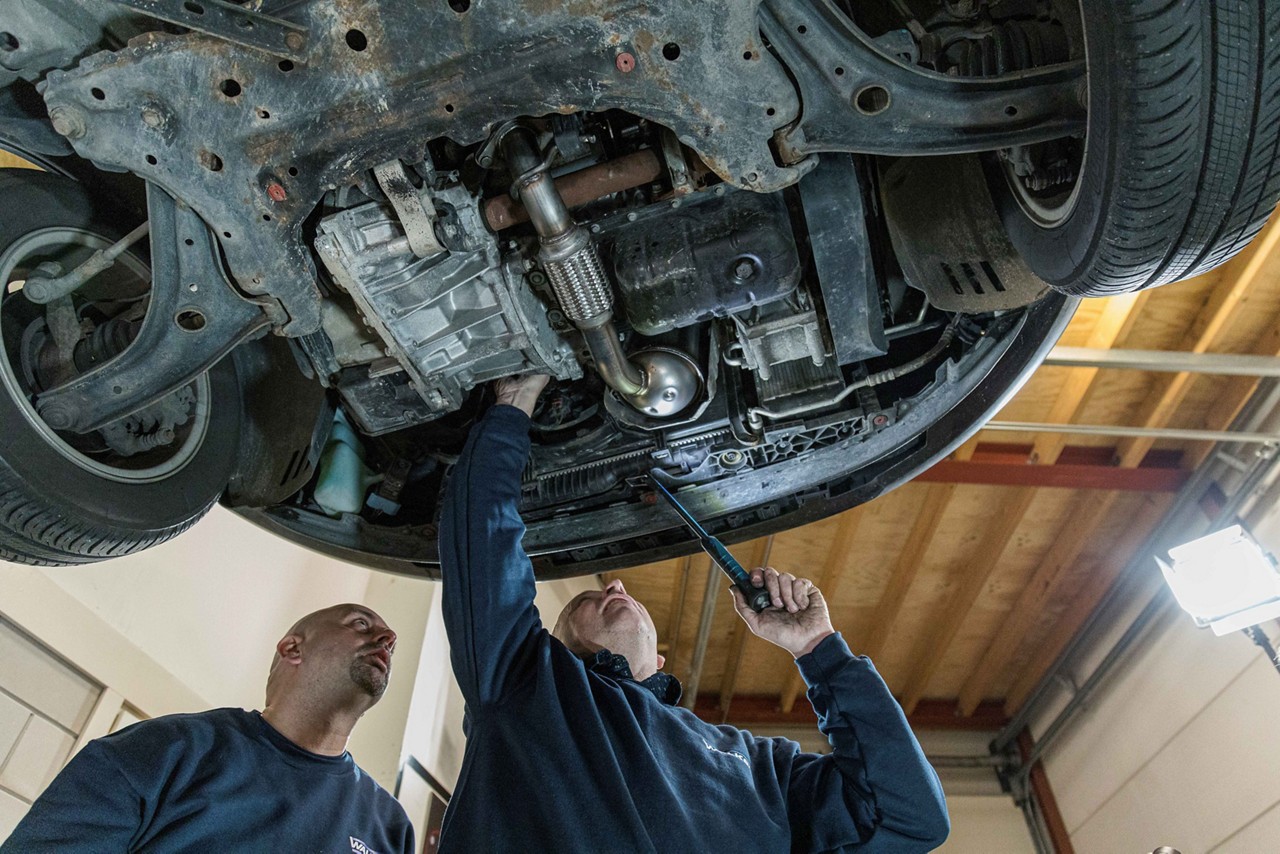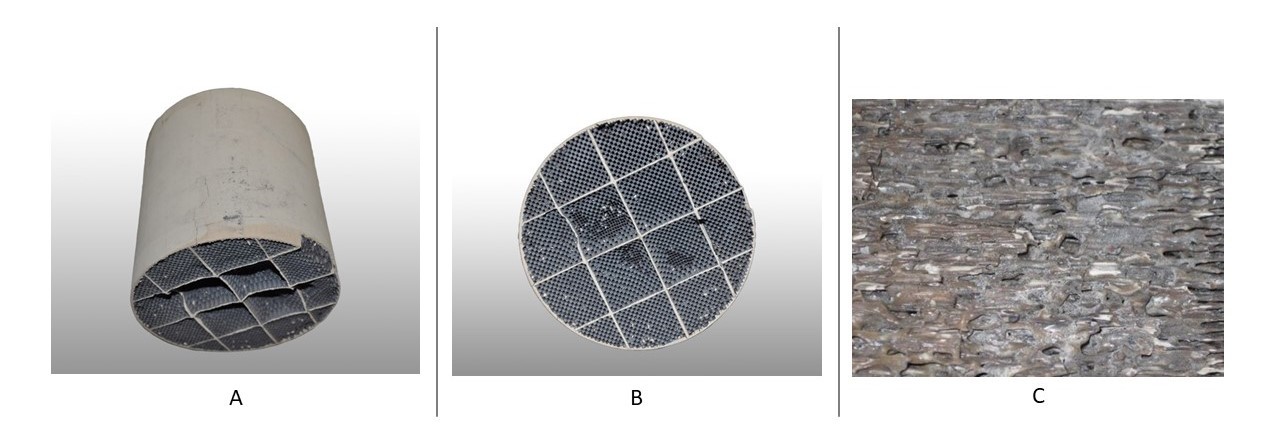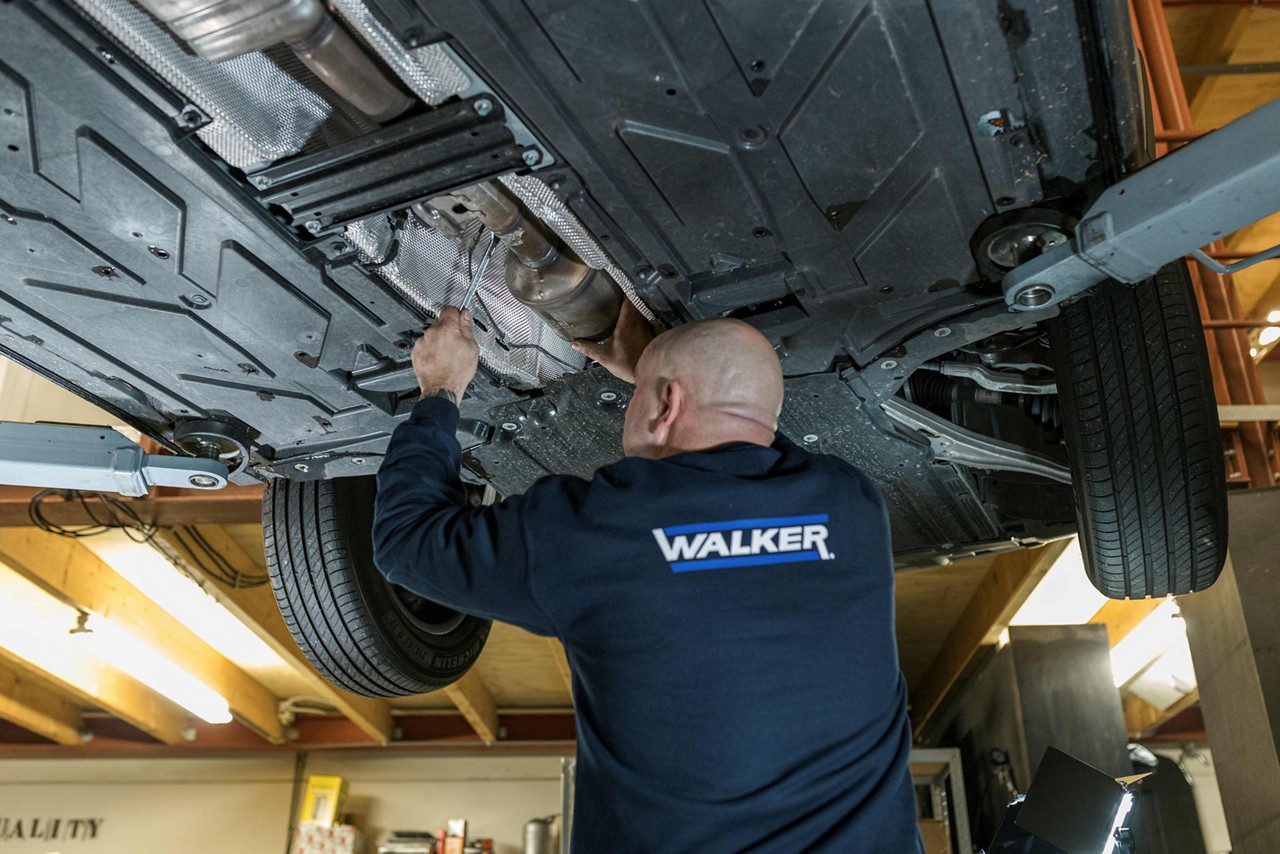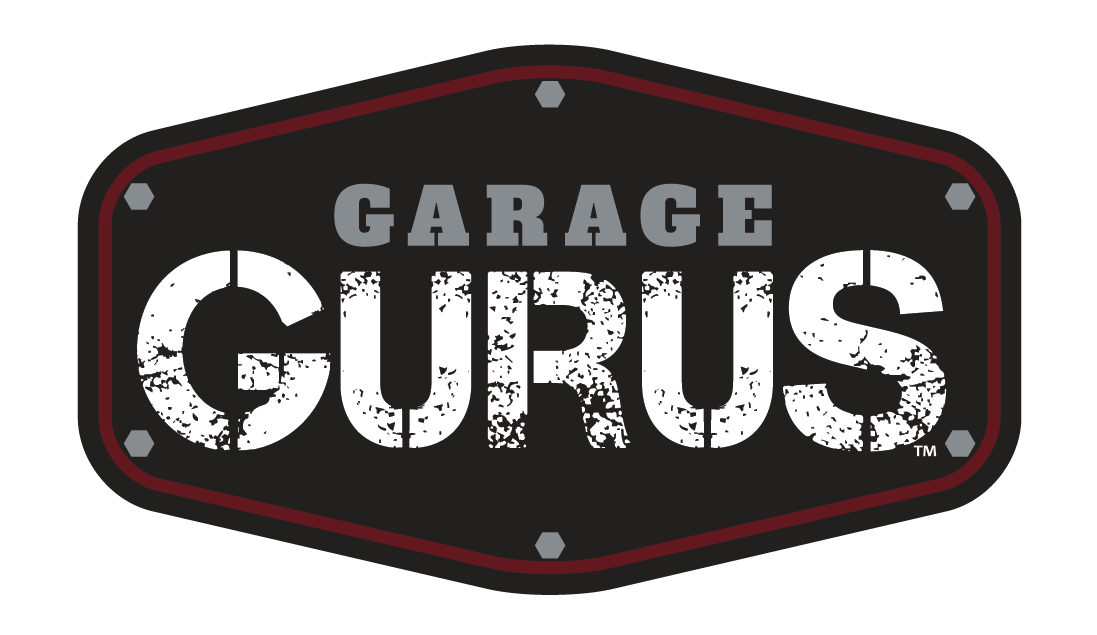DRiV EMEA is working with installers across Europe to help them support consumers with new EU MOT (Ministry of Transport) emissions requirements for diesel passenger cars.
To foster compliance with the stricter regulations for the periodic technical inspection on particulate number (PN) limits, DRiV’s Garage Gurus® brand offers comprehensive training for installers in the aftermarket. These programs include specific information on the new EU MOT requirements, emission control technologies in diesel vehicles, and appropriate solutions to enable compliance with the latest test regulations.

Under the new EU MOT legislation, the Periodic Technical Inspection (PTI) includes new particle number counters that are capable of detecting if the Diesel Particulate Filter (DPF) is defective, damaged, or has been removed, causing the vehicle to emit more particulate matter than legally permitted. While this EU legislation has already been implemented in Belgium and The Netherlands since July 2022, followed by Switzerland and Germany, other countries, also outside Europe, are expected to follow with the respective EU MOT implementation in the near future.

diesel particulate filter (DPF) cleaning measures generally cannot fix the filter due to the chemical and technical nature of exhaust aftertreatment processes used in DPFs in operation today.
DRiV emission control experts indicate that only replacement with homologated DPFs, like for example high-quality OE pedigree Walker® products, will enable EU MOT compliance when a diesel vehicle exceeds new PN limits. DPF cleaning measures generally cannot fix the filter due to the chemical and technical nature of exhaust aftertreatment processes used in DPFs in operation today. Instances in Belgium have already shown diesel vehicles failing the MOT due to non-compliant PN performance. The Walker® emission control business, together with the Garage Gurus® technical & training department, has been leveraging its OE expertise to train aftermarket installers and customers for many years. Through specific training courses, DRiV helps installers increase their knowledge around the new EU MOT test requirements and informs them on how to best support their customers with the right measures, technologies, and product solutions. This approach helps position installers in the independent aftermarket as trusted, reliable service providers. Installers are encouraged to get prepared for the new MOT requirements rather than wait until these become mandatory in their respective countries.
It is also explained that cleaning a worn clogged DPF using chemical processes is generally ineffective. During operation, the DPF stores not only organic particles but also mineral ones from fuel additive residues or phosphorus from the oil burned in the combustion chamber. These mineral residues are generally impossible to clean without damaging the cells and the walls of the filter honeycomb. This leads to small gas leakages that increase the number of solid micro-particles escaping from the filter and make the vehicle fail the test. As a general rule, if a DPF is clogged and cannot be cleaned by driving the vehicle at over 80 km/h for 30 minutes, or by forced regeneration in a garage, this filter should be replaced by a new homologated product.

These examples show worn clogged DPFs melted due to aggressive cleaning processes that increased the filter temperature up to the melting point of the ceramic honeycomb.
A) Inlet side of DPF core with visible melting
B) Outlet side of DPF core with visible melting
C) View of the status of the melted filter cells after severe overheating.
To achieve compliance with the new MOT test requirements, replacement by a new homologated DPF is required. Trying to clean such a worn clogged DPF is generally ineffective and cannot fix the filter.
Since the introduction of the first EURO 0 norms in 1988 up to the latest EURO 6D-ISC-FCM (in-service conformity with fuel consumption monitoring) EU emissions legislation from January 2021, the quantity of pollutants produced by vehicles has been dramatically reduced through improved combustion engine efficiency and the introduction of more advanced and precise emission control technologies, including catalytic converters, DPFs, and selective catalytic reduction (SCR) with ADBlue®. This evolution has significantly increased the need for a reliable source of technical information to repair and maintain those vehicles in operation. DRiV and Garage Gurus® have been training aftermarket installers and customers in key technologies since 1998, supporting more than 40,000 installers every year.

Due to the current high level of complexity required to manufacture emission control parts, it is essential for installers and customers to partner with a company that not only has the required knowledge and overall understanding but also manufactures products to the highest quality standards that comply with the most stringent legal approval processes. DRiV emphasizes that such partnerships ensure that emission control systems meet the latest regulatory requirements and maintain vehicle compliance with EU emissions standards.
If you are interested in an emissions control training contact us now.
Want to know more?
Interested in knowing more about emissions control tips? Check our technical leaflets page and download files related.
Check out our online emissions control courses by registering in our e-learning platform for free or visit the Garage Gurus YouTube channel.
The content contained in this article is for informational purposes only and should not be used in lieu of seeking professional advice from a certified technician or mechanic. We encourage you to consult with a certified technician or mechanic if you have specific questions or concerns relating to any of the topics covered herein. Under no circumstances will we be liable for any loss or damage caused by your reliance on any content.

 English
English